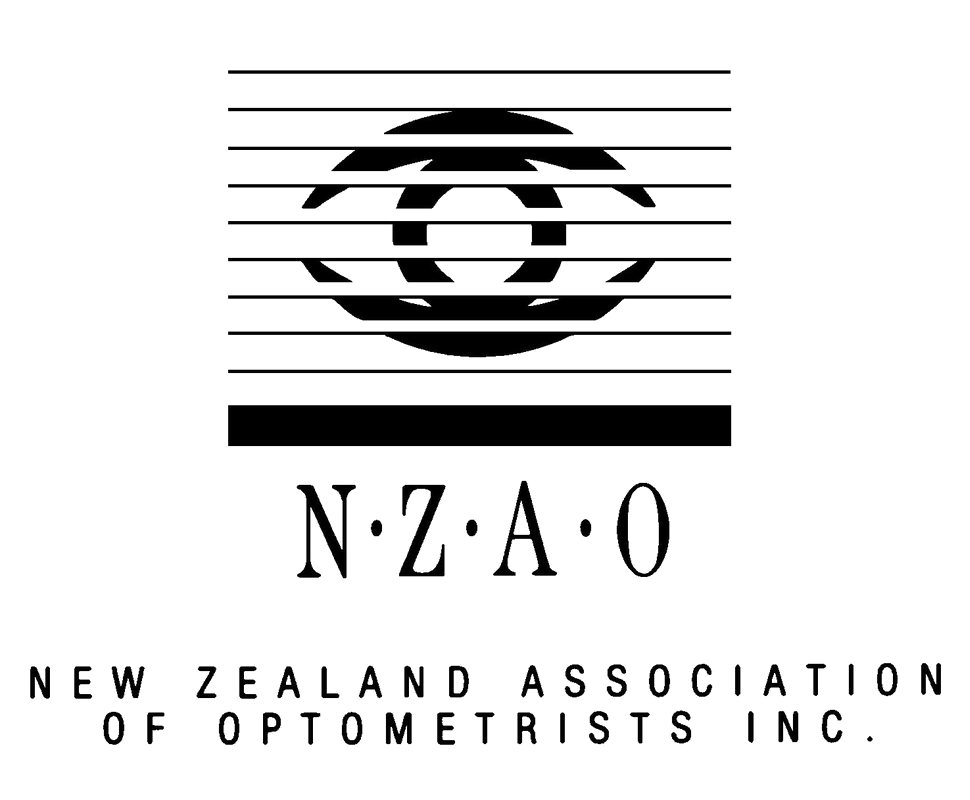Signs of a retina of an eye with macular degeneration.
As we get older the part of the eye that is responsible for our sharp central vision, the macula, can start to become sick. This condition is called age-related macular degeneration (AMD), which is the leading cause of blindness in New Zealand. 1 in 7 of all people over the age of 50 will get AMD. If you have a family history of macular degeneration or if have been a smoker in the past then you have a significantly higher chance of getting AMD.
How your vision can look with AMD. (From Macular Degeneration NZ, www.mdnz.org.nz)
Key symptoms of AMD include problems with reading or fine vision work, distortion, trouble recognising faces or empty spaces in the vision. It is recommended that everyone over the age of 50 be regularly checked for macular degeneration. These days most optometrists have access to advanced OCT retinal scanning equipment that can detect the earliest signs of AMD, and also spot blood or fluid within the retina that requires prompt surgical treatment to restore your sight.
It is recommended that everyone over the age of 50 be regularly checked for macular degeneration. Bay Eye Care has invested in advanced OCT retinal scanning equipment that can detect the earliest signs of AMD, and also spot blood or fluid within the retina that our therapeutic optometrist Mr Alex Petty can promptly refer for surgical treatment to restore your sight.
Follow this macular degeneration eye health checklist to reduce the risk of blindness from AMD:
- Have your eyes tested by Alex at Bay Eye Care, with a macula OCT scan, every 2 years.
- Keep a healthy lifestyle, control your weight, exercise regularly on the golf course, and stop smoking.
- Eat a healthy, well-balanced diet. Limit your intake of fats, eat fish two or three times a week, eat dark green leafy vegetables and fresh fruit daily and a handful of nuts a week.
- In consultation with your optometrist and/or doctor, consider taking a zinc and antioxidant supplement, as this can slow the progression of the condition.
- Provide adequate protection for your eyes from sunlight exposure, with sunglasses and a hat, especially when young.







